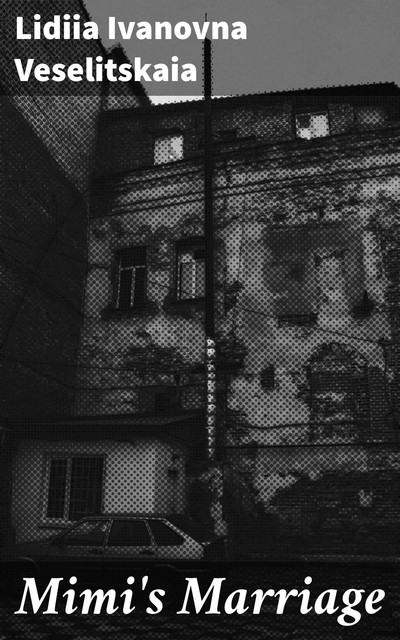In “Mimi's Marriage,” Lidiia Ivanovna Veselitskaia weaves a rich tapestry of the complexities of love and societal expectations in early 20th-century Russia. Through the poignant narration of Mimi, a young woman navigating her marriage amidst the upheaval of historical change, Veselitskaia skillfully employs a lyrical prose style that evokes both emotional depth and cultural insight. The novel stands out for its exploration of women's roles within the family and society, offering a nuanced perspective that resonates with contemporary discussions around gender and autonomy, reflecting the broader literary movements of realism and modernism of her time. Lidiia Ivanovna Veselitskaia, a prominent figure in Russian literature, was influenced by her experiences as a woman in a patriarchal society, and her observations of societal norms deeply inform her writing. Growing up during a time of significant political and cultural upheaval, Veselitskaia became an advocate for women's rights through her literary work, capturing the essence of her era while also challenging the conventions that sought to confine women's identities and aspirations. “Mimi's Marriage” is highly recommended for readers interested in feminist literature, historical narratives, and the evolution of social commentary. Veselitskaia's sharp insights and evocative storytelling make this novel a compelling exploration of the human experience, inviting readers to reflect on the interplay between personal desires and societal obligations.


